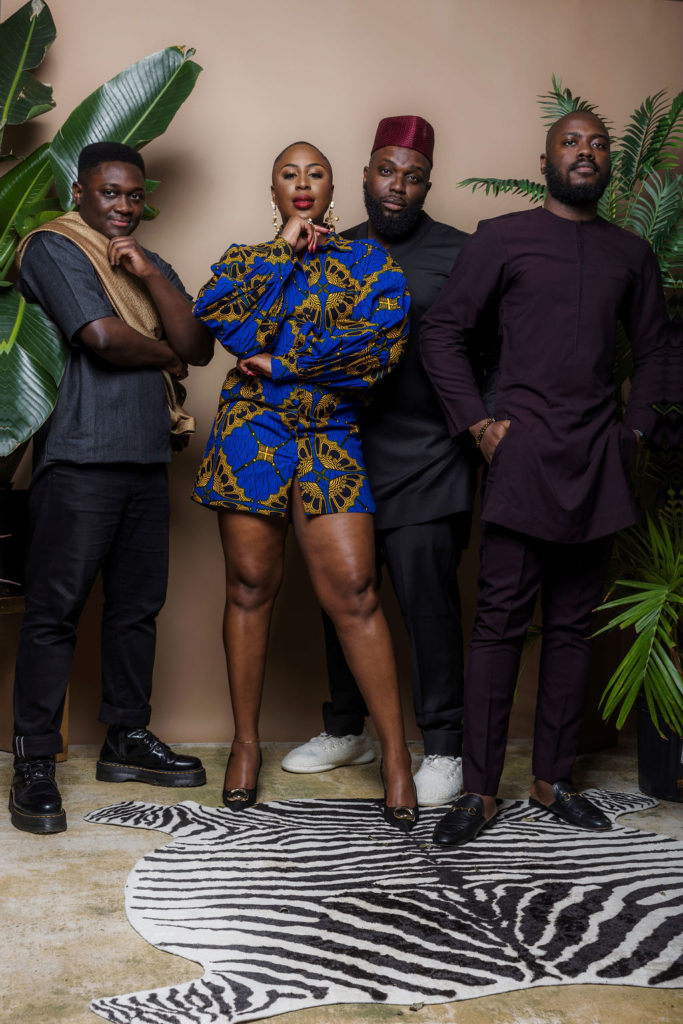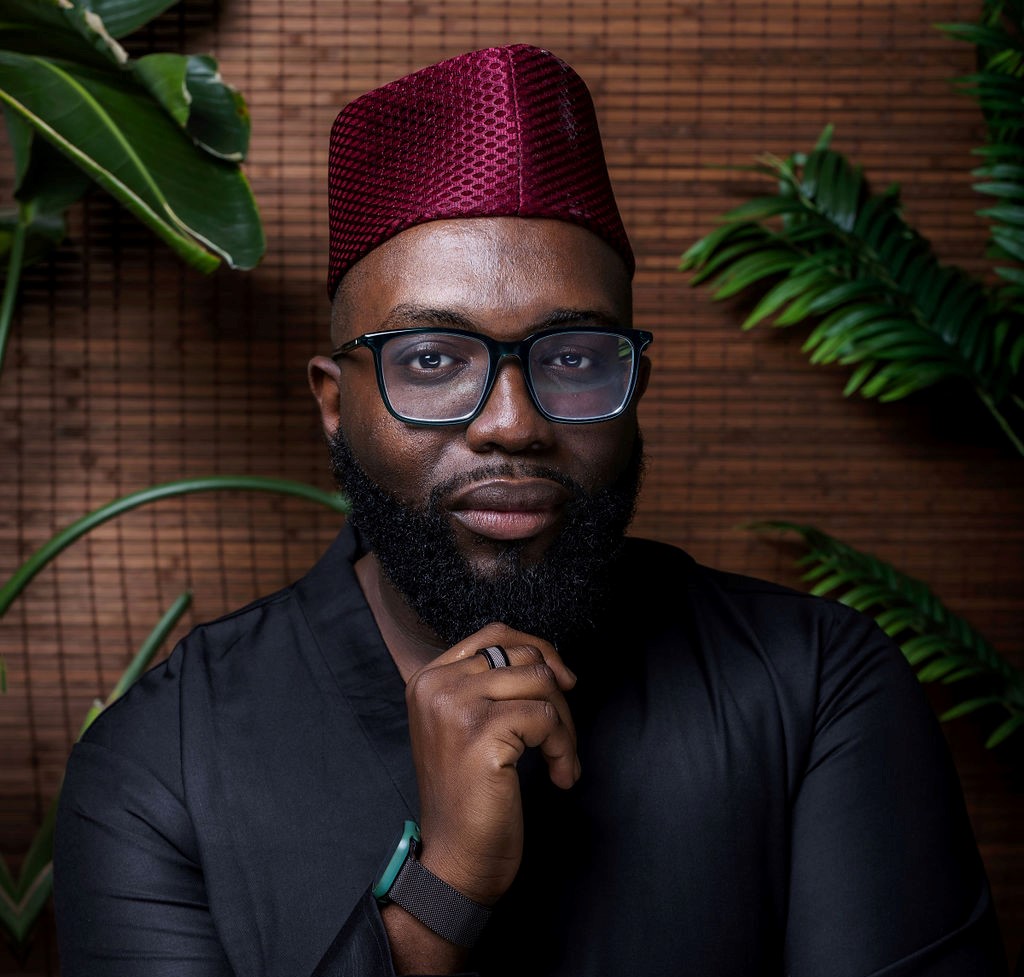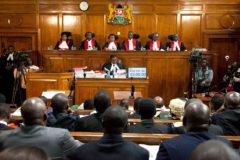Afropolitan, a startup that wants to build a digital nation for Africans, has raised pre-seed funding of $2.1 million, according to its co-founder, Eche Emole.
Founded in 2016 by Eche Emole and Chika Uwazie, Afropolitan started out as an organisation that organised parties, events, and festivals for the African diaspora. In 2019, it made a name for itself after it organised parties for international travellers who had visited Ghana to attend the Year of Return event. That year, the number of international travellers peaked at 1.13 million, from 960,000 in 2018, which helped contribute an additional $1.9 billion to the Ghanaian economy.
Afropolitan was on its way to organising another edition of its party in Beyond the Return in 2020 when the global pandemic broke out and countries went into lockdown and physical events ceased. But the traction it had gained in 2019 helped it pivot to media. It got on the audio platform, Clubhouse, and built a community of 50,000 black people.
Afropolitan’s inspiration for this digital nation can be traced to an article written by the former CTO of Coinbase, Balaji Srinivasan, in April 2021, titled “How to start a new country” in the 21st century. Srinivasan envisions that this new country, the “network state,” he calls it, will be ”built on the cloud first. “Our idea is to proceed cloud first, land last. Rather than starting with the physical territory, we start with the digital community. We recruit online for a group of people interested in founding a new virtual social network, a new city, and eventually a new country,” he writes.
Srinivasan conceives a network state as a digital nation built without the historical constraints of a physical nation, and that presents citizens with a fresh stab at societal and financial freedom.
“A network state is a social network with an agreed-upon leader, an integrated cryptocurrency, a definite purpose, a sense of national consciousness, and a plan to crowdfund territory,” Balaji writes in another article.
Alongside Srinivasan who later invested in the startup, there are over 25 other angel investors including Iyinoluwa Aboyeji of Future Africa, Olugbenga Agboola of Flutterwave, Elizabeth Yin of Hustle Fund, Shola Akinlade of Paystack, Ian Lee of Syndicate, Walter Baddoo of 4DX Ventures, Jason Njoku of IROKOtv, Tobenna Arodiogbu of CloudTrucks, Ngozi Dozie of Carbon, and Dare Obasanjo, Senior Product Manager at Meta. Hashed, Atlantica Ventures, RallyCap Ventures, Microtraction, and Cultur3 Capital are among the venture capital firms that participated in this round.
Emole is convinced that Africa has the most need for a digital nation because of the numerous failed states on the continent. He explained that lingering poverty (which sees that 9 of the 10 countries with the highest poverty rates are African), coups d’etat, civil wars and self-imposed autocratic leaders have starved Africa of viable socio-economic opportunities. Emole also said that #EndSARS, a 2-week protest against police brutality in his home country, Nigeria, made him realise that his country had competent people and yet that doesn’t translate to good governance. “It doesn’t matter how well the standards are doing when the bad governance shows up. It affects everything around it. We’ve tried engineering our way out of these problems, and it’s not working,” Emole said.

Emole said that Afropolitan wants to solve the problem of scarcity that black people face globally, which manifests in an inability to access institutions, money, jobs, and quality living by creating a digital nation that can enable black people worldwide to build abundant lives.
Emole envisions a digital nation as Facebook—the biggest social media platform in the world with over almost 3 billion users—filled with people with shared values and governed by a single cryptocurrency,
Afropolitan’s digital nation will be built in 4 phases. In the first phase, it will admit people into its community or decentralised autonomous organisation (DAO), with NFTs serving as digital passports. In the second phase, it will build a super app that will allow people to monitor their holdings, send money to anyone across borders, earn by contributing to the DAO, and buy goods and services from one another. The next phase is what is called a “minimum viable state” which will allow it to offer some government services—case in point, help Africans stuck in the Russian-Ukraine crisis. Afterwards, it intends to push for full-scale sovereignty and acquire physical lands in cities across the world. “Think a ‘Chinatown/Afropolitan Town’ in every city in the world where our members can establish a physical presence to create economic opportunities. Our network state will serve as the capital that governs these enclaves that will serve as embassies,” Afropolitan said in a statement.
One of the VCs that invested in Afropolitan, Shima Capital, believes that Africa’s population; macroeconomics and socioeconomic states are similar to the one that positioned the South East Asian region to capture value during the Web 2 technology boom. “We believe Africa is the next emerging economy that will significantly benefit from the technology paradigm shift from Web 2 to Web 3. For this value capture to take place, you need catalysts like Afropolitan,” Shima Capital said.
“The African diaspora represents roughly 150 million people, while the continent is home to nearly 1.5 billion, with 70% in sub-Saharan Africa under 30. As such, its demographics make Africa one of this century’s most compelling growth stories; yet its intellectual, creative, and cultural capital remains overlooked, underfunded, and undervalued. Afropolitan aims to change that,” Cultur3 Capital, said. It also said it believes in Afropolitan’s community approach: “Talking about ‘community’ is easy. Building it is hard. We at Cultur3 couldn’t be more excited to support Afropolitan in its mission to serve the African diaspora’s vast and deep talent. This community-first approach, combined with their unmatched network of Africa’s top entrepreneurs, artists, and creators, will be the key that unlocks the region’s vast yet underrepresented talent.”




















